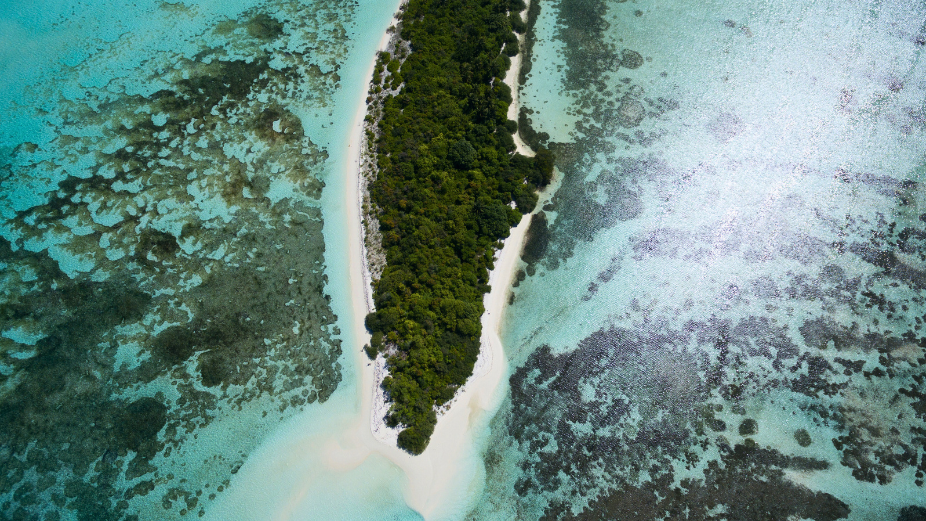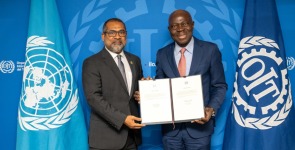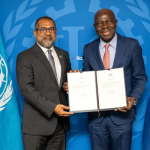
The Maldivian government has announced plans to designate three additional areas in the country as biosphere reserves over the next five years. This significant step was revealed by Environment Minister Thoriq Ibrahim during a press conference at the Presidential Office. The first area set for designation under the current regime is Lhaviyani Atoll.
“We have already evaluated the proposal from the Atoll Council and informed them that the area will be recognised as a biosphere reserve,” Minister Thoriq said, outlining the government’s commitment to expanding environmental protection efforts in the Maldives.
The project will be supported through financial assistance provided by the Global Environment Facility (GEF), run by the United Nations Development Programme (UNDP). With this funding in place, work on the biosphere reserve is expected to begin soon.
Lhaviyani Atoll, which consists of 54 islands along with numerous lagoons, reefs, uninhabited islands, and sandbanks, is set to become part of the proposed biosphere reserve. Currently, six islands in the atoll are protected under the Environmental Act. The new designation will extend protection to the entire atoll, reflecting the government’s commitment to preserving its diverse ecosystems.
Importance of Biosphere Reserves
Biosphere reserves are designated by the United Nations Educational, Scientific and Cultural Organization (UNESCO) as areas for the sustainable management of marine and terrestrial ecosystems. These reserves aim to protect biodiversity while addressing environmental challenges, such as climate change and habitat degradation. By creating a balance between conservation and sustainable use, biosphere reserves play a critical role in ensuring long-term ecological health.
The designation of biosphere reserves is not only a mark of international recognition but also a powerful tool for sustainable development. It enables countries like the Maldives to strengthen their environmental protection frameworks, attract global attention to their efforts, and mobilise international funding for environmental projects.
The Maldives, with its delicate ecosystems and vulnerability to climate change, has already made considerable progress in environmental protection. Three areas in the country—Baa Atoll, Addu, and Fuvahmulah—are already recognised as UNESCO biosphere reserves. This new initiative will further enhance the nation’s commitment to preserving its natural heritage and promoting sustainable development practices.
UNESCO first introduced the concept of biosphere reserves 79 years ago, during the “Biosphere Conference,” as part of a global effort to sustain natural resources. Today, biosphere reserves offer a model for the sustainable interaction between humans and nature, ensuring that both can thrive in harmony.
The expansion of biosphere reserves in the Maldives is a vital step in protecting the country’s rich biodiversity. With international support and careful management, the Maldives will be better equipped to address environmental challenges while fostering economic development that respects its natural environment.











